Sodium-ion batteries are set to spark a renewable energy revolution – and Australia must be ready – ET Auto
Baua Electric
JULY 22, 2024
Some types of lithium mining require a lot of water and energy and have led to local pollution, such as in South America’s alpine lakes. The extent to which renewables should dominate Australia’s energy grids is a major issue in science and politics. Solar and wind are clearly now the cheapest form of electricity.

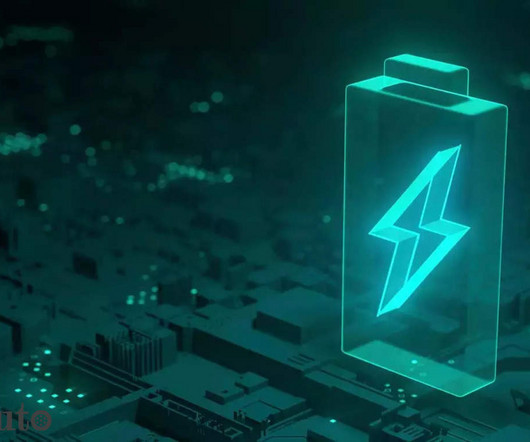
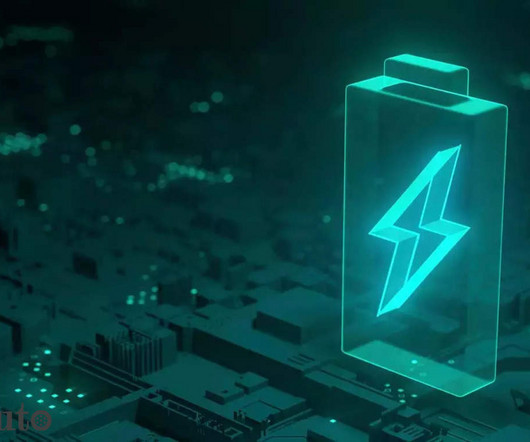


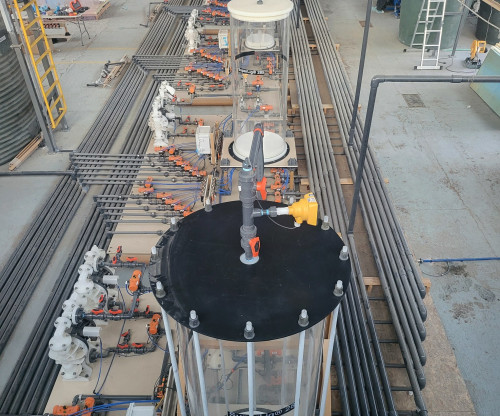


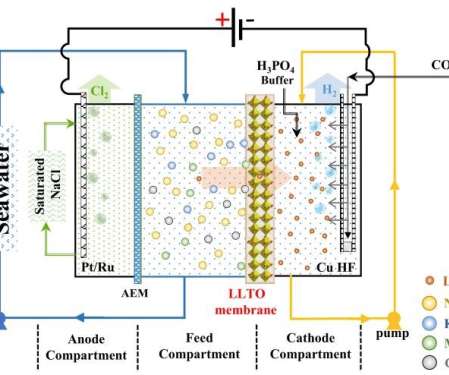

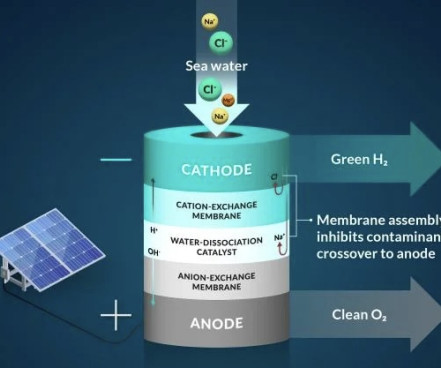
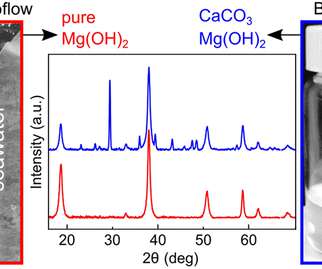

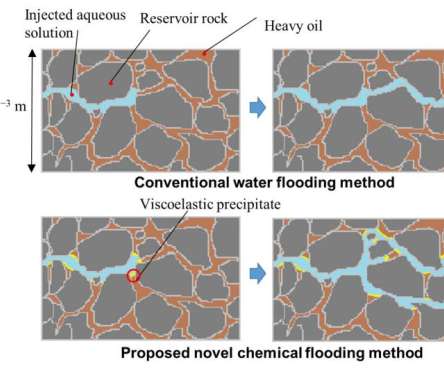
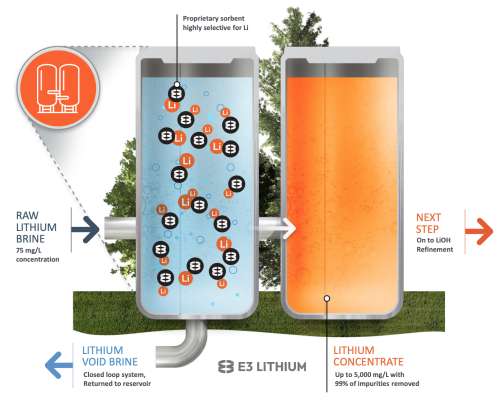
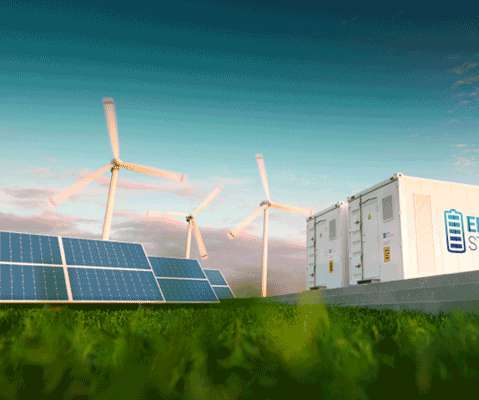



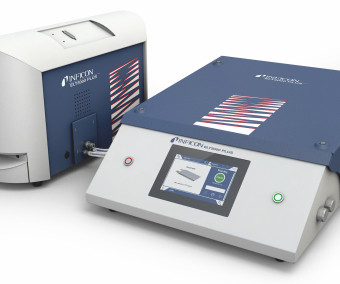





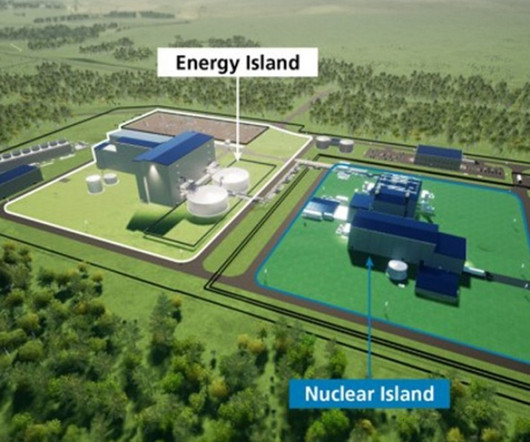

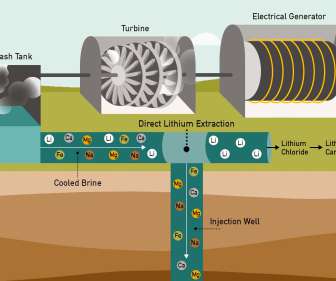


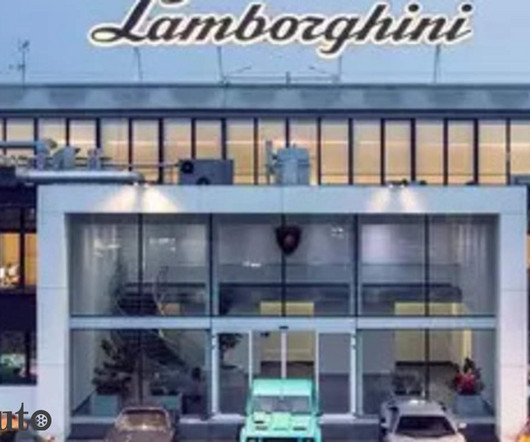
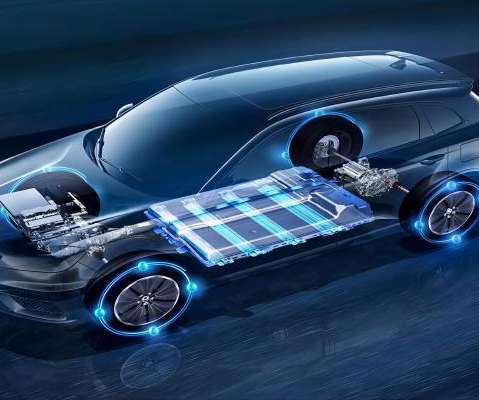










Let's personalize your content